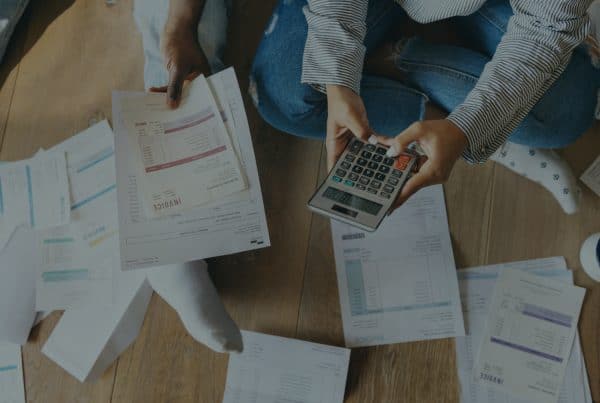COMMERCIAL LAW
The Debt Recovery Process in Kenya

Debt recovery processes vary depending on the type of debt and the nature of the creditor. What is highlighted in this article are the general processes to recover unsecured debts through the Kenyan court system.
When deciding on the debt recovery strategy, the creditor will weigh what is the most compelling method to get the debtor to pay.
Debt recovery suits are precipitated by a demand letter to the debtor from the creditor and giving the debtor some time to comply with said demand to pay the owed debt.
Debt recovery for Unsecured Creditors
Unsecured creditors do not have a charge on assets of the debtor.
In such cases, a creditor generally sends a written demand to the debtor giving them a specified amount of time within which to make payment and thus satisfy the debt and when there is failure by the debtor to duly comply with the demand or enter a negotiated settlement that will perhaps extend the time for the debtor to pay the debt or otherwise satisfy the debt to the satisfaction of the creditor, the creditor can escalate to the second stage of recovery of this unsecured debt.
It is necessary to send a formal written demand to the debtor to avoid situations where the court can decline to award costs to the judgement creditor where you as the creditor win the case if you had earlier failed to serve a demand letter on the debtor.
The second stage of debt recovery where there is failure to comply with the demand, involves instituting a debt recovery suit in the appropriate court of jurisdiction in order to recover the debt.
Debt recovery suit versus Insolvency of Debtor
When it comes to litigating in court, prudence of a debt recovery suit weighed against an insolvency suit may be considered with the help of a competent lawyer.
Which is the Appropriate court of Jurisdiction in Kenya to File a Debt Recovery Suit?
The creditor who is suing needs to consider the monetary jurisdiction of the court because small claims are suited to small claims court, and other larger claims may be filed at the magistrate’s court or the high court.
The monetary jurisdiction of the Magistrate’s Court is set out in the Magistrate’s Court Act.
The competent court where the creditor should file a debt recovery suit is where the debtor is located – whether an individual or company, thus ensure you check the geographical jurisdiction of the court because as a general rule you will file a suit against the debtor in the court in the area where he/she lives or if suing a debtor company, the relevant court is in the locality where it is registered or principally running its business.
Breach of Contract leading to the debt
The creditor will have to consider the contractual issues that led to the claim, hence the need for good litigation advice.
Are there Debt Acknowledgements and Admissions?
The creditor will need to take into account for their litigation strategy, whether there are admissions and acknowledgements of the debt and there are applications that can be presented to the court seeking judgement on the strength of said acknowledgements/admissions.
The Defence of the Debtor
Once the debtor is served with the pleadings of the creditor he can decide to enter appearance and file a defence disputing the debt or the particulars set out by the plaintiff creditor in their pleadings. The debtor may even file a counterclaim similarly making a claim against the creditor.
If the defence of the debtor contains an admission on debt or part of it, the creditor can seek a judgement on the admitted part of the debt and the rest of the debt will be subject to litigation.
If the sued debtor fails to appear in the case or file a defence, the creditor can seek a judgement in default of appearance or summary judgement as the case may be.
Hearing
During the litigation, each side will have the opportunity to be heard during the hearing and present their respective evidence pertaining to the claimed debt and thereafter the court will issue judgement on the creditor’s claim (and debtor’s counterclaim if any).
Conclusion
What is highlighted above applies to recovering unsecured debts from debtors in general – for instance debt arising from failure to pay for supplied goods and services; or debt from a loan agreement.
Other unsecured debts for instance those owed to landlords also have their own procedures for recovery of owed amounts for instance a landlord can distrain for rent, which is essentially a remedy under land law that allows a landlord to seize goods of heir tenant to satisfy a debt of owed rent.
Once the court issues a judgement in the creditor’s favour, the creditor is then in a position to obtain payment through execution of the court order, thus for instance the creditor can attach the assets of the debtor and sell them to pay the owed amounts.
The provision of general information herein does not constitute an advocate-client relationship with any reader. All information, content, and material in this article are for general informational purposes only. Readers of this article should get in touch with us/a qualified advocate to obtain legal advice with respect to any particular legal matter.
RELATED ARTICLES




